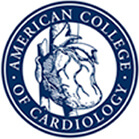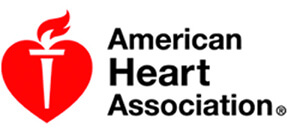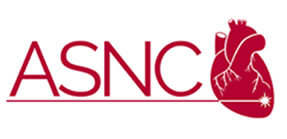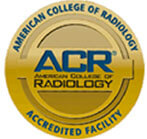Heart Palpitations vs. Heart Arrhythmia
- Posted on: Nov 9 2022
The heart is a muscle that pumps blood through your entire body, providing it with the oxygen and nutrition it needs to survive. This pumping mechanism functions via your heart’s electrical system.
There are instances, however, when this electrical system malfunctions. These malfunctions, whether caused by illnesses, medications, or other chemicals, can affect the heart’s beating, causing arrhythmias and heart palpitations. According to the CDC, 5% of the U.S. population has some type of arrhythmia.
There are differences between heart palpitations and heart arrhythmias, however. Read on to learn more about them.
What are heart palpitations?
Heart palpitations can feel like your heart is racing, skipping beats, or thumping. It can be an uncomfortable sensation that makes you aware of your heart’s beating. Almost everyone has experienced heart palpitations.
They can be caused by:
- Strong emotions
- Physical activity
- Caffeine
- Nicotine
- Medications
- Illegal substances
- Lack of sleep
- Hormonal changes
You may feel your heart fluttering and beating irregularly, but these symptoms pass after a short time without negative effects on your health. Most people do not need to get medical help when experiencing heart palpitations.
What are heart arrhythmias?
Disturbed beatings of your heart are arrhythmias. They can be mild, like heart palpitations, or they can be serious and even life-threatening.
They occur when the electrical system that coordinates your heart’s beating does not work correctly. There are two classifications of arrhythmias: tachycardia and bradycardia.
Tachycardia
Tachycardia is when your heart beats more than 100 beats per minute. Supraventricular tachycardia affects the top chambers of the heart, while ventricular tachycardia affects the bottom chambers.
Supraventricular tachycardia is not usually dangerous. It causes a rapid heartbeat that begins in the atria or AV node. Common types include atrial flutter and atrial fibrillation (A-fib). Although most instances of A-fib are temporary, there are instances when episodes may not stop without treatment.
Ventricular tachycardia causes the ventricles to beat too fast, which can be life-threatening. If this kind of tachycardia is severe enough, it can lead to the ventricles not being able to pump blood effectively, which can lead to ventricular fibrillation.
If not treated immediately, it can cause loss of blood pressure, leading to loss of consciousness and even death. People with ventricular tachycardia usually have an underlying heart condition or have had trauma.
Bradycardia
Bradycardia is when your heart beats less than 60 beats per minute. When your heart beats too slowly to pump blood through your body, it can become a serious condition.
Being physically fit can cause bradycardia, and it can be normal for people who have lower resting heart rates. There are physical disorders that can cause bradycardia, too.
One disorder is sick sinus syndrome when the sinus node in the heart malfunctions. Coronary heart disease and aging can cause sick sinus syndrome.
Diagnosing Heart Arrhythmias
If you are experiencing persistent arrhythmia, your doctor may conduct a physical examination and an EKG exam. They may also recommend a tilt test to see if different body positions affect the arrhythmia and electrophysiology studies (EPS).
During an EPS, your doctor will insert a catheter and direct it to your heart to track electrical activity and response to stimuli.
Know More About Arrhythmias and Palpitations
If you have been experiencing palpitations that take too long to stop or arrhythmias that are affecting your daily life, it is time to turn to cardiologists for help.
At Cardiovascular Wellness, we care for patients throughout Hicksville and Lake Success, NY. We will use the latest technologies to detect what is causing your arrhythmias and help you find the best treatment options. Give us a call today.
Posted in: Heart Palpitations






